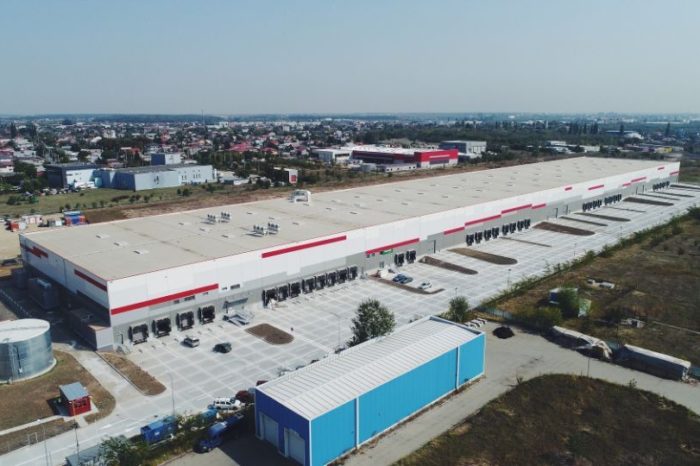CEO Survey Romania 2021: Optimism about global economic recovery is at its highest level for the last decade

The optimism of CEOs in Romania regarding global economic recovery has reached its highest level in ten years, with 60 percent of respondents considering that the economic situation will improve in the next 12 months, according to the CEO Survey 2021 report produced by PwC Romania.
Although they are more optimistic than in previous years, CEOs in Romania prove to be more cautious in their forecasts than their global (76 percent) and Central and Eastern European (CEE) (64 percent) counterparts.
“The confidence of executives in economic growth prospects is at a record high for the last decade. Three times as many are optimistic as in the 2020 edition. The latest forecasts regarding Romania’s economic development, including the IMF anticipating 7 percent GDP growth in 2021, confirm the perceptions of business leaders. However, anxiety about the pandemic hasn’t disappeared yet and remains at the top of the growth threats to economies and companies globally and in our country. The results of our study also show that CEOs in Romania want to send a clear message to the authorities that they are still very concerned about the evolution of the pandemic, the volatility of public policies, the risk of a growing tax burden and excessive regulation”, said Ionuț Simion, Country Managing Partner, PwC Romania.
Among the top five threats to economic growth, chief executives in Romania mention pandemics and another health crises (67 percent), tax policy uncertainty (57 percent), increasing tax burdens (51 percent), policy uncertainty (50 percent) and over-regulation (46 percent).
Globally, executives’ main concerns are pandemics (52 percent), cyberthreats (47 percent), over-regulation (42 percent), public policy uncertainty (38 percent) and uncertain economic growth (35 percent).
The pandemic (58 percent) and over-regulation (39 percent) are also among the top threats mentioned by companies in our region, with geopolitical uncertainty (39 percent), the availability of key skills (38 percent) and exchange rate volatility (38 percent) joining them in the top five.
Regarding tax policy, more than half (53 percent) of the chief executives agree that changes to address rising government debt levels will increase their organisations’ total tax burdens. At the same time, 77 percent believe that tax policy changes to address rising government debt levels will lead their organisations to reconsider their cost structures, with 66 percent believing that will have an impact on planning and decision-making in their organisations.














